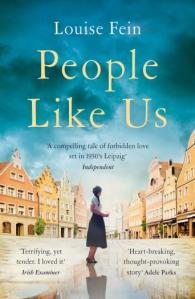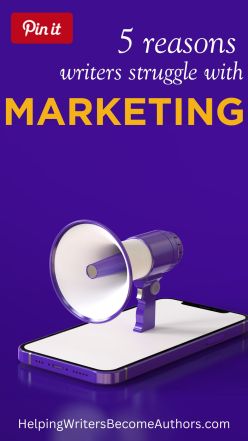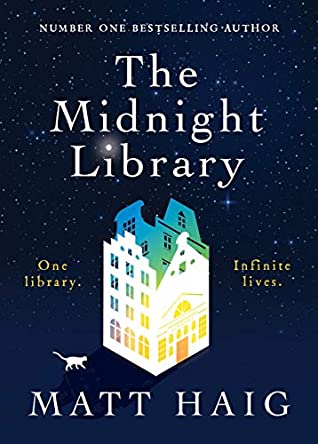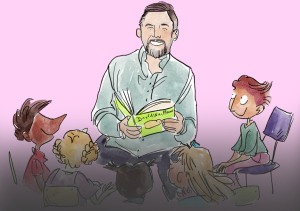1. Tell us a little about People Like Us.
3. Are you a plan, plan, plan writer or do you sit down and see where the words take you?
Hetty Heinrich is a perfect German child. Her father is an SS officer, her brother in the Luftwaffe, herself a member of the BDM. She believes resolutely in her country, and the man who runs it.
Louise Fein is the author of People Like Us which was published in paperback by Head of Zeus on 4 March 2021.
6. If you could only read one book for the rest of your life which book would it be?
Anti-semitism is growing by the day, and neighbours, friends and family members are turning on one another. As Hetty falls deeper in love with a man who is against all she has been taught, she begins to fight against her country, her family and herself. Hetty will have to risk everything to save Walter, even if it means sacrificing herself…
5. What do you do when you aren’t writing? What do you do to relax and get away from it all?
I’m not sure I’ve ever been asked what the best thing is about being a writer. The best thing for me has been to receive messages from readers from all over the world telling me how much my book has resonated with them. Some have told me about their own family history or reasons why the book has affected them. This was something I did not expect, and it honestly means the world to know that my book is out there, people are reading and enjoying it, and that it is moving some readers to the extent they are reaching out to contact me. That really is something.
People like Us is a story of forbidden love, set in 1930’s Leipzig, in the years leading up to WWII.
Hetty Heinrich is a perfect German child. Her father is an SS officer, her brother in the Luftwaffe, herself a member of the BDM. She believes resolutely in her country, and the man who runs it. Until Walter changes everything. Blond-haired, blue-eyed, perfect in every way Walter. The boy who saved her life. A Jew.
Before being published, I don’t think I realised just how many times I would have to edit and read and re-read my novel at every stage in the process. You submit what you think is a polished draft, having re-written and edited it as much as you can, only to find you have several more rounds of re-writes and edits to go! By the time you have the final proofs, it is amazing how many errors or inconsistencies have been picked up at each round. Whilst you might be sick of reading your book for what feels like the seven-hundredth time, there is no doubt that the input and care of all the wonderful editors it has been through, make it a far better version of itself. In the case of a book, more pairs of eyes definitely make it better!
About the Book
Well, the world is rather odd and curtailed in this pandemic year, so I will imagine we have all had the vaccine and are back to normal life. I love reading, obviously, but I also love to travel and explore. I enjoy the theatre and long walks in the countryside as well as spending time with friends and family. These things do seem more precious now than ever!
I’m not a planner at the outset, although I would love to be! I write historical fiction, so my novels usually start with research. I have a theme and focus, plus a loose idea of a story. Usually, I know the beginning and how the novel will end, but not much of an idea about what happens in the middle. I write a very, very bad first draft. This is my way of working through the ‘messy middle’ of the book, getting to know my characters and seeing how the plot develops through them. There may be a few wrong turns, but it is all part of the process. Once that draft is done, I begin again and it’s at this point I am able to plan properly for the second draft, eliminating the areas which don’t work and ensuring the story unfolds at the right points, developing sub-plots and minor characters. There may also be specific points which require further research. This all makes that second draft easier.
Anti-semitism is growing by the day, and neighbours, friends and family members are turning on one another. As Hetty falls deeper in love with a man who is against all she has been taught, she begins to fight against her country, her family and herself. Hetty will have to risk everything to save Walter, even if it means sacrificing herself…
This is an unfair and impossible question! If pushed to choose I think it would be Jane Austen’s Pride and Prejudice. It is a book I loved from the first time I read it aged around sixteen. I’ve read it several more times over the years and each time enjoyed it more. It is clever, uplifting and a masterclass in perfect characterisation and story-telling.

About the Author
Louise kindly answered a few of my questions.
7. I like to end my Q&As with the same question so here we go. During all the Q&As and interviews you’ve done what question have you not been asked that you wish had been asked – and what’s the answer?
2. What inspired the book?
The inspiration behind People Like Us was the experience of my father’s family who escaped from 1930’s Nazi Germany and came to the UK as refugees. I knew very little about their experience before I embarked on the project, and as such inherently knew that the book would be a work of fiction. My interest in the story was not to write about the Holocaust, which has been much (and importantly) explored in literature, but rather I wanted to focus on the psychology and events which led to it.
4. Having been through the publishing process, is there anything about the process of creating a novel that surprised you?
Louise Fein holds an MA in Creative Writing from St Mary’s University. Prior to studying for her master’s, she ran a commodity consultancy business following a career in banking and law. She lives in Surrey with her family. Her debut novel, People Like Us, was inspired by her family history, and by the alarming parallels she sees between the early 30s and today. A theme that is present throughout her books.
Leipzig, 1930s Germany
Until Walter changes everything. Blond-haired, blue-eyed, perfect in every way Walter. The boy who saved her life. A Jew.







